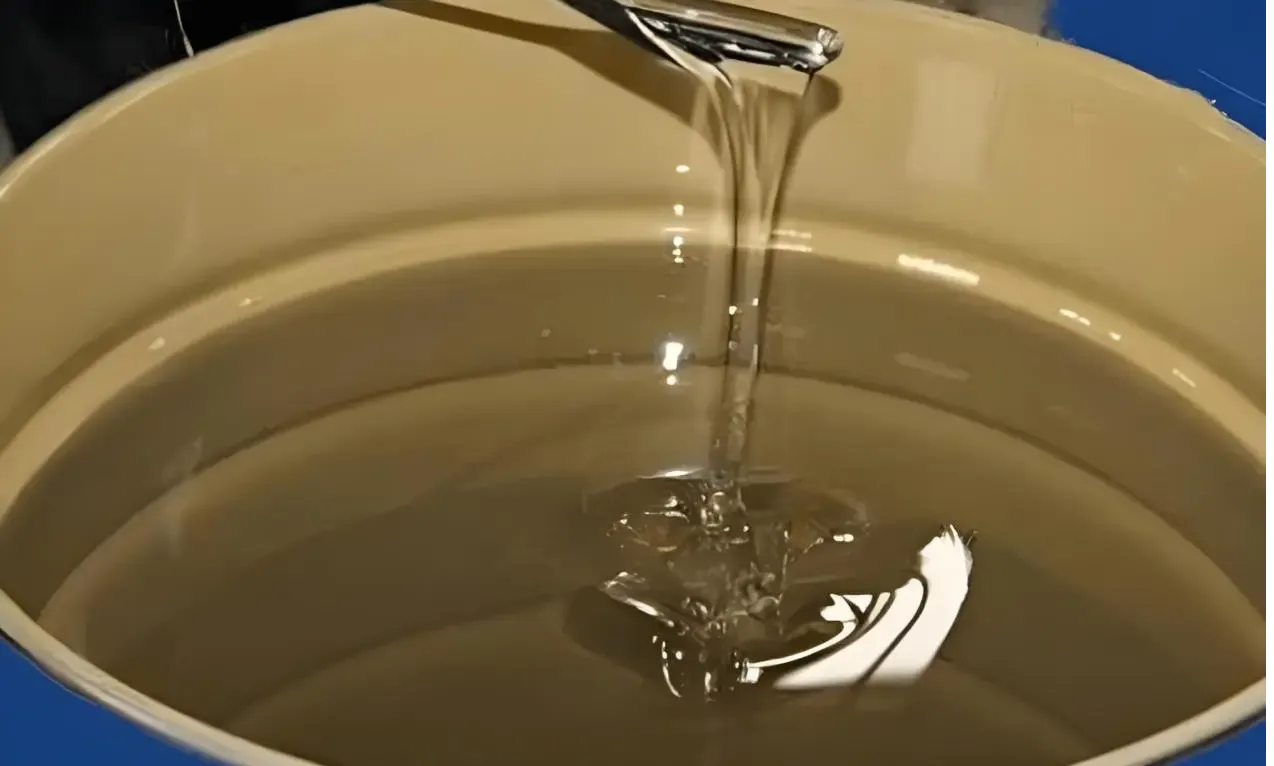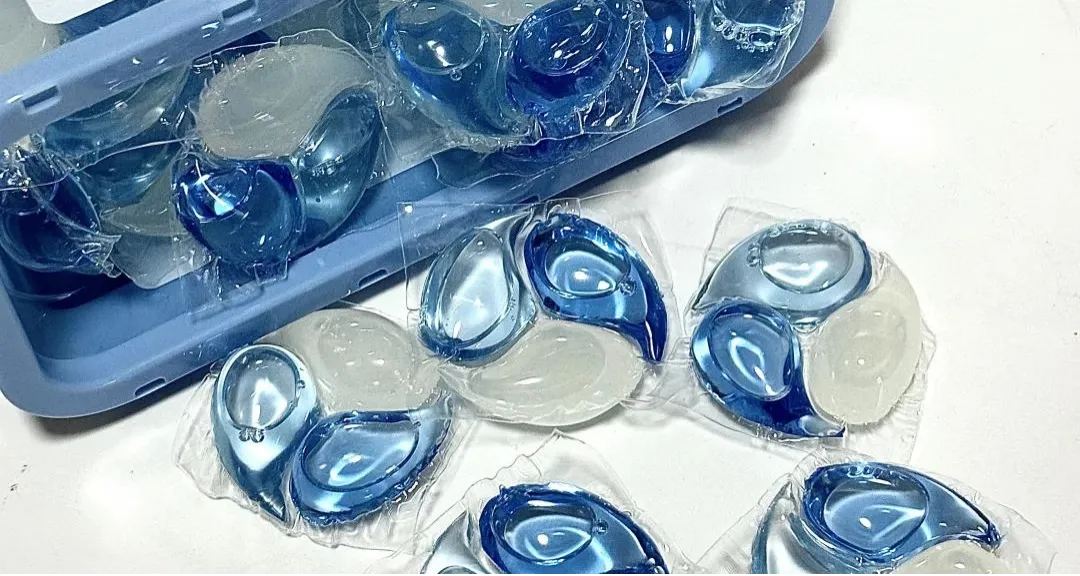
Polyvinyl Alcohol and Its Versatile Applications in Construction and Industry
Subtitle 1: Understanding Polyvinyl Alcohol and Its Uses in Cement, Mortar, and Packaging
Polyvinyl alcohol, commonly referred to as PVA, is a synthetic polymer with a wide range of industrial and construction-related uses. Known for its excellent adhesive, film-forming, and emulsifying properties, PVA is widely used in adhesives, textiles, paper coatings, and construction materials. But a key question remains: Is polyvinyl alcohol a plastic? Technically, PVA is a synthetic polymer that behaves like plastic in many contexts, especially when used to form films or packaging materials. However, unlike traditional plastics, PVA is biodegradable and water-soluble, making it a more sustainable choice.
Na construção, pó de álcool polivinílico and powder PVA are commonly added to cement and mortar mixtures to enhance strength, flexibility, and water resistance. Adding PVA to cement or adding PVA to mortar improves adhesion, reduces surface cracking, and increases durability—particularly in exterior or high-moisture applications.
For external applications, exterior waterproof PVA is favored due to its moisture-resistant properties. It helps maintain the integrity of plaster and render in harsh environmental conditions. Similarly, PVA de uso geral can be used for bonding a wide range of materials such as wood, concrete, tiles, and even paper.
One of the most significant uses of PVA in surface preparation is as a bonding agent. Products like PVA bond and PVA bond for concrete are applied to surfaces before plastering or rendering to promote adhesion and reduce suction. Likewise, PVA bond before painting is a common recommendation, especially on porous surfaces like fresh plaster, where it acts as a primer and prevents paint absorption.

Subtitle 2: Packaging, Performance Fibers, and the Chemistry of PVA
PVA’s influence extends far beyond construction. In the packaging industry, bulk PVA bags have gained popularity due to their biodegradability and water solubility. These bags are commonly used for detergent pods, agrochemical packaging, and even bait bags in fishing. Their unique ability to dissolve in water leaves no toxic residue, making them an environmentally conscious alternative to conventional plastics.
From a chemical standpoint, polyvinyl alcohol solubility in water is a key feature. The solubility of polyvinyl alcohol in water is dependent on its degree of polymerization and hydrolysis. For example, grades like PVA 205 and PVA 2088 differ in their molecular weight and solubility characteristics, which affects their suitability for various applications. Highly hydrolyzed PVA has lower solubility but forms stronger films, whereas partially hydrolyzed variants dissolve more easily.
Another closely related product is polyvinyl acetate emulsion, used widely in adhesives and coatings. The polyvinyl acetate emulsion price varies depending on application, purity, and market demand. It is distinct from PVA, though the two are sometimes confused due to similar acronyms.
In fiber reinforcement, PP fiber concrete is often discussed alongside PVA. Polypropylene (PP) fibers are synthetic fibers used to reduce cracking and improve impact resistance in concrete. While PP fibers offer benefits in structural reinforcement, PVA fibers—being more flexible and water-dispersible—are sometimes preferred in specialized formulations.
For industries seeking reliable raw material sources, partnering with established PVA suppliers is critical. These suppliers provide different grades of PVA suitable for everything from adhesives to textiles, coatings, concrete admixtures, and eco-friendly packaging.

Why PVA Is a Smart Choice Across Sectors
From enhancing construction materials to reducing plastic waste, álcool polivinílico is a powerhouse polymer that balances performance with sustainability. Whether you’re adding PVA to mortar for increased durability, using PVA bond for concrete to improve adhesion, or sourcing bulk PVA bags for biodegradable packaging, this versatile compound offers solutions across industries.
Its unique characteristics—such as polyvinyl alcohol solubility in water and film-forming capability—make PVA suitable for countless commercial uses. As environmental regulations tighten and performance standards increase, builders, manufacturers, and consumers alike are turning to PVA de uso geral, exterior waterproof PVA, and other specialized forms to meet their evolving needs.
By working with trusted PVA suppliers and understanding product specifications like PVA 205 or PVA 2088, users can unlock the full potential of this adaptable material. Whether you’re preparing a surface, reinforcing cement, or switching to sustainable packaging, PVA delivers value, performance, and environmental benefits.
FAQ Title: Common Questions About Polyvinyl Alcohol in Construction and Packaging
What is the purpose of adding PVA to cement or mortar?
Answer:Adding PVA to cement or adding PVA to mortar improves workability, bonding strength, and water resistance. It reduces surface cracking and enhances flexibility, making it ideal for repair work and exterior applications.
Is polyvinyl alcohol a plastic or something else?
Answer:While polyvinyl alcohol (PVA) behaves like a plastic in film and packaging applications, it is technically a synthetic polymer that is biodegradable and water-soluble. This makes it a more environmentally friendly alternative to traditional plastic.
How does PVA bond work in painting and plastering?
Answer:PVA bond is used as a primer on porous surfaces like plaster or concrete before painting or applying finishing coats. PVA bond before painting seals the surface, improves paint adhesion, and prevents excessive absorption of paint.
What are bulk PVA bags used for?
Answer:Bulk PVA bags are used in various industries including agriculture, fishing, and consumer goods. These water-soluble, biodegradable bags are ideal for single-use packaging of detergents, chemicals, and bait, minimizing plastic waste.
What affects the solubility of polyvinyl alcohol in water?
Answer:O solubility of polyvinyl alcohol in water depends on its degree of polymerization and hydrolysis. Products like PVA 205 and PVA 2088 offer different solubility rates and performance characteristics suitable for various applications.
-
Hydroxypropyl Starch as a Sustainable Construction AdditiveNewsNov.24,2025
-
The Gelation Properties of CMCNewsNov.21,2025
-
Redispersible Latex Powder and Water Retention CapacityNewsNov.21,2025
-
Dosage Control for Polycarboxylate Water ReducerNewsNov.21,2025
-
Film-Forming Properties of Polyvinyl AlcoholNewsNov.21,2025
-
The Function of Gypsum Additives in MortarNewsNov.21,2025





















